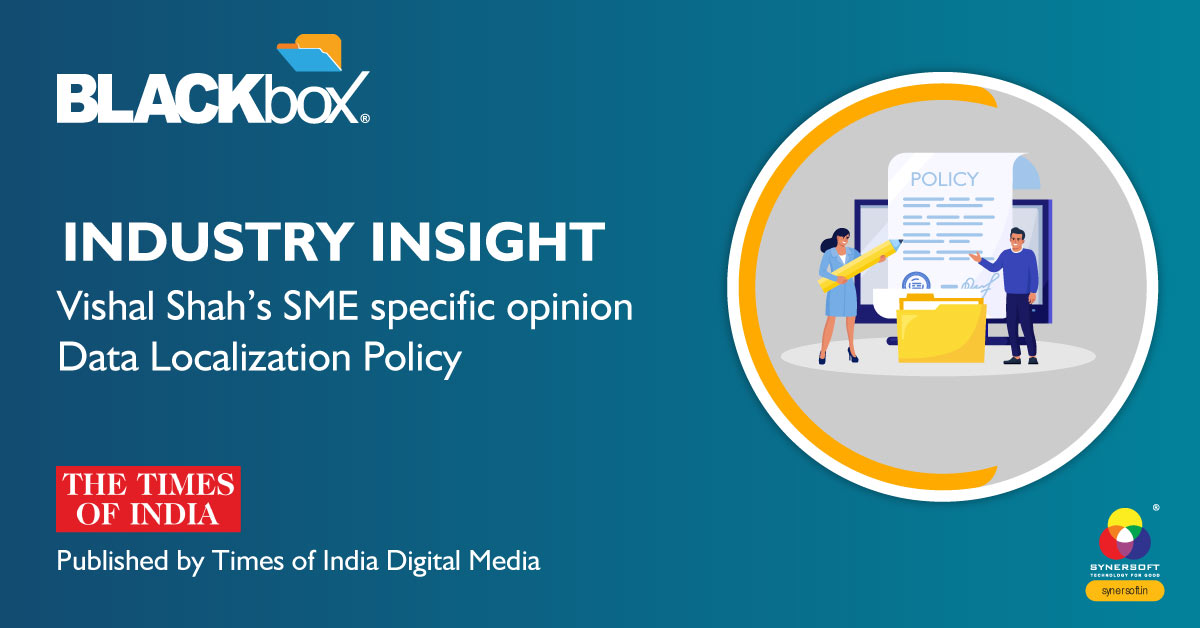Data localization refers to a set of policies that limit data flows by confining physical data storage and processing within a jurisdiction’s borders. The crucial question is whether any particular form of data localization would be able to assist the Indian government in meeting its various stated objectives for contemplating such a policy approach. To address several concerns about the free movement of data, a number of governments have implemented localization policies.
Localization variants can be divided into four categories. The first one is conditional localization, which requires local storage. The next category is unconditional local storage requirements for all personal data. The other categories are unconditional mirroring requirements for all personal data, and unconditional free flow of data with bilateral/multilateral data access and transfer agreements.
India’s Case for Data Localization
In the last decade, data localization has become a major policy concern in India. This is owing to the perceived economic benefits of processing Indian consumer data, as well as the challenges of accessing personal data for national security and law enforcement purposes. The Indian government submitted a data protection bill in the Indian parliament in 2019, which is still being discussed and debated. This bill proposes the country’s first data localization framework for the entire economy.
However, in many sections of the Indian economy, more specialized, sector-specific data localization policies have already been applied. For example, the telecommunications industry already mandates the storage and processing of subscriber data on a local level and prevents the export of subscriber account information. The Reserve Bank of India, recently mandated that all payment data be held in India, even if it may be handled elsewhere.








